Saudi Arabia now getting 'a taste of own medicine'
Iran marks the first anniversary of an attack by Saudi-sponsored terrorists in the southwestern city of Ahvaz that left 25 people dead and over 60 others wounded last year.
Both al-Ahwaziya and Daesh terror outfits, which receive backing mainly from Saudi Arabia, claimed responsibility for the September 22 terrorist attack on a military parade in the provincial capital.
Shortly after the attack, the London-based "Iran International" television channel funded by Saudi Arabia allowed al-Ahwaziya's spokesman to go live on air to defend the terrorist action.
Iran filed a complaint with the UK’s media regulator Ofcom against the channel, which according to The Guardian receives an estimated $250 million from the Saudi royal family each year.
Iran's response to the attack was also swift, with the Islamic Revolution Guards Corps (IRGC) raining surface-to surface ballistic missiles on the gathering of Daesh ringleaders in an area east of the Euphrates in Syria, which left many casualties.
Riyadh is widely believed to be a key sponsor of Takfiri terrorists, who are inspired by Wahhabism, an extremist ideology preached by Saudi clerics.
Saudi Arabia, under Crown Prince Mohammed bin Salman, has adopted a confrontational approach which has escalated tensions in the region.
Riyadh invaded Yemen in 2015, unleashing a protracted conflict which has turned into an unwinnable quagmire for the kingdom.
According to the Foreign Policy magazine published in the US, the Saudis are actually "stuck in Yemen".
"A wealthy nation that spends a whopping 8.8 percent of its gross domestic product on defense (more than any other in the world), Saudi Arabia possesses some of the most advanced, US-supplied weapons systems in the world," it wrote Friday.
"And yet, throughout its Yemen campaign, its air force has consistently run out of fuel and ammunition, lacked good intelligence, and performed poorly at targeting — all because the human and technological systems needed to support its missions are suspected to be either inadequate or absent. Moreover, Riyadh has no national-security or defense strategy that clearly identifies its priorities in the world."
American writer and journalist Eric S. Margolis believes the Saudi are now getting "a taste of their own medicine".
"The black humor? The Saudis just claimed they were victims of Iranian `aggression’ this past week after the kingdom’s leading oil treatment facility at Abqaiq was hit by a flight of armed drones or cruise missiles," he wrote.
"The Saudis, like their patron in Washington, have a poor record for truthfulness. Remember the Saudi denials about the murder of journalist and Saudi critic Jamal Khashoggi?" he added.
Yemen is not the only country on the receiving end of bin Salman's aggression. The terrorist attack in Ahvaz exposed his dangerous brinkmanship in an extremely volatile region.
In May 2017, the de facto ruler accused Tehran of attempting to dominate the Muslim world and pledged to take the war to Iranian soil. "We will work so that the battle is on their side, inside Iran, not in Saudi Arabia," he said.
The remarks drew Iran's denunciation, with Foreign Ministry saying they were "proof that Saudi Arabia supports terrorism and seeks confrontational and destructive policies in the region and towards Iran".
Iran’s Armed Forces will cut off any 'hand of aggression' against Leader: Spokesman
VIDEO | Foreign hands, failed chaos
Russia’s Lavrov condemns Western plots for ‘regime change’ in Iran
‘No natural uprising’: Prominent global voices on US-Israeli role in engineering Iran riots
Trump threatens 200% wine tariffs on France to push Macron to join Gaza board
Yemen’s Saudi-backed PLC slams UAE for running secret prisons; Abu Dhabi denies
Swiss MPs move to strip UEFA of tax-exempt status over failure to ban Israeli teams
VIDEO | Massive Michigan pileup sees over 100 vehicles collide in highway crash


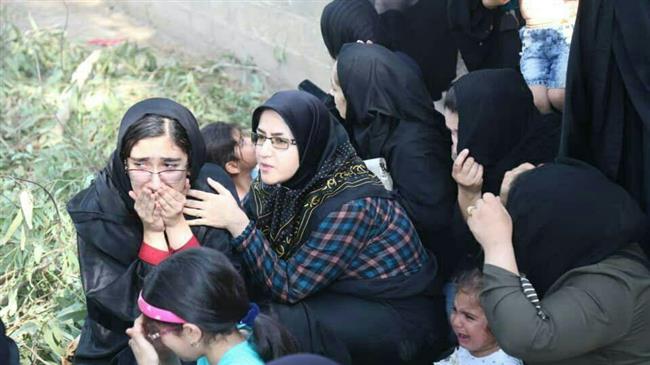


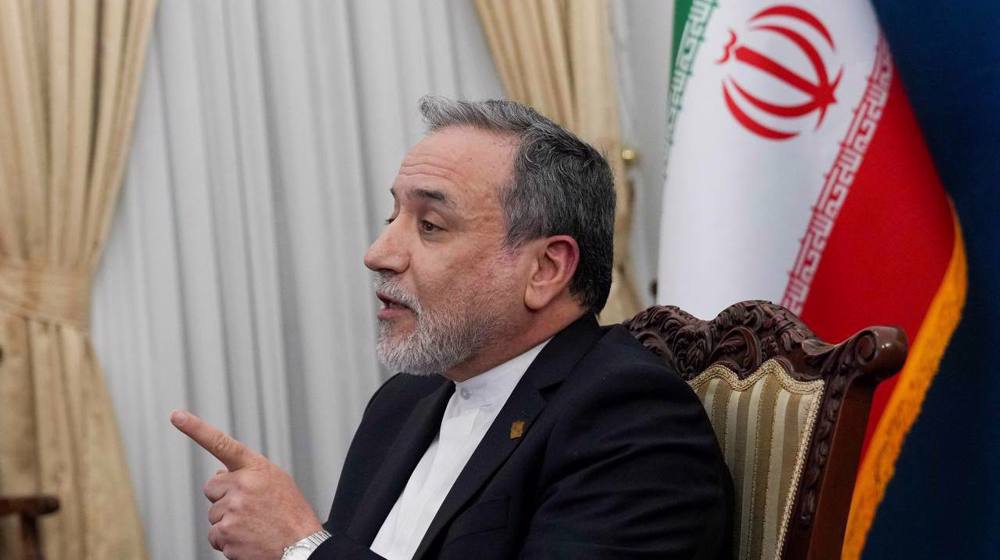
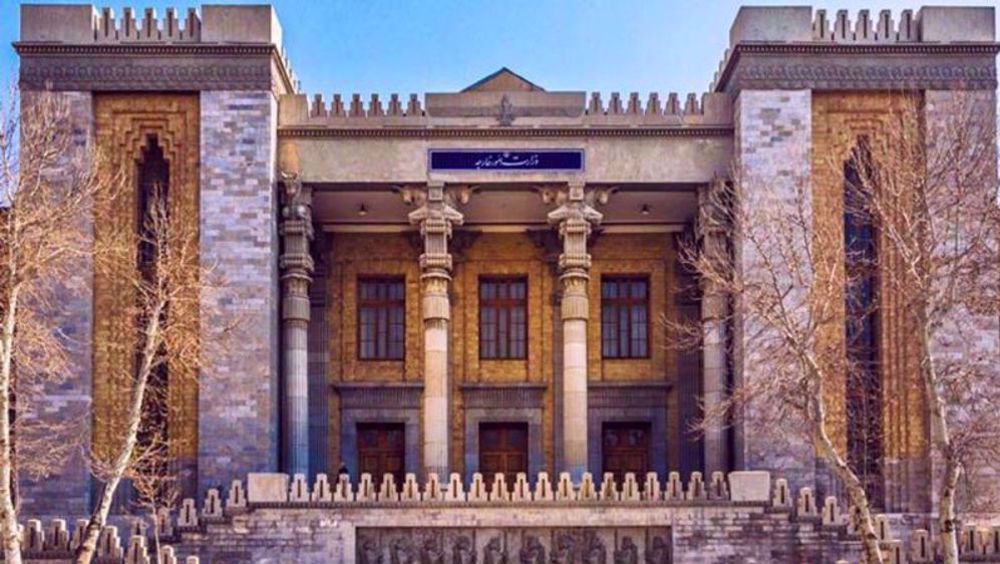
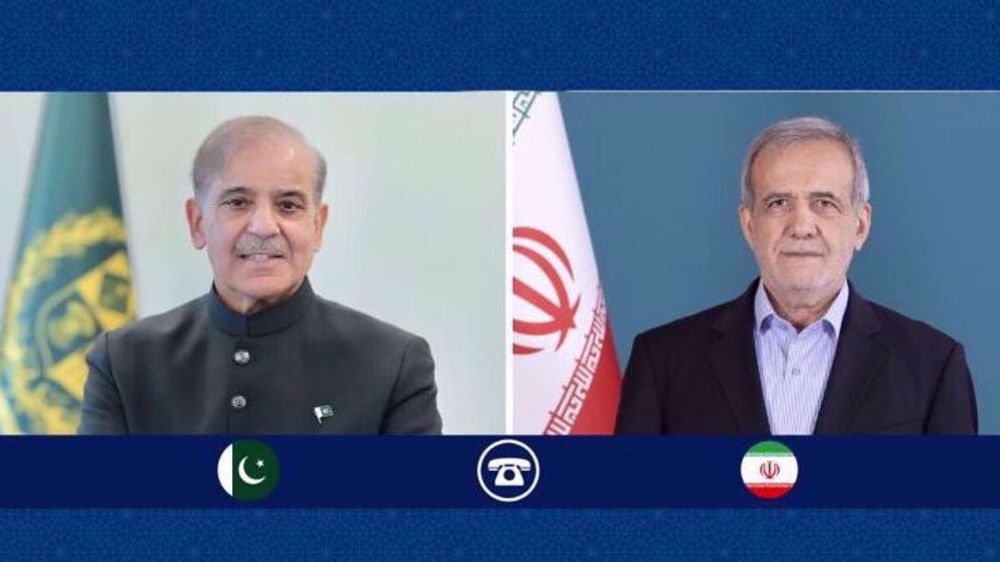




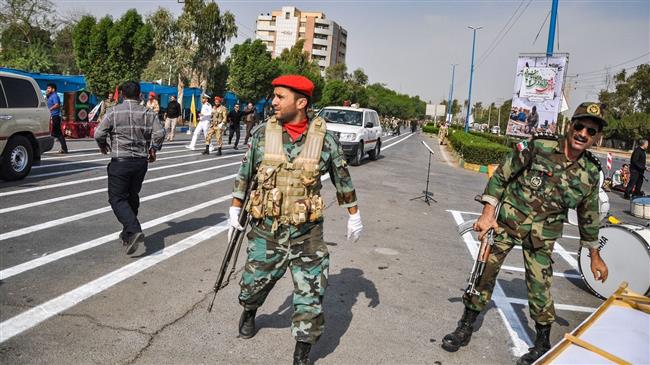
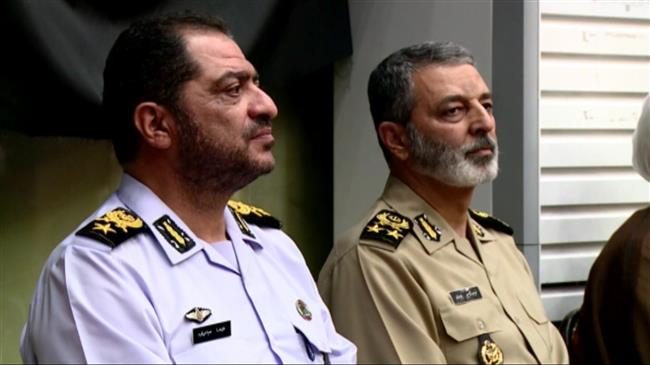
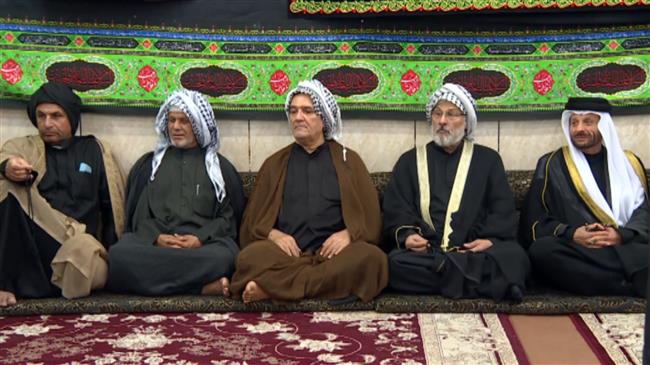
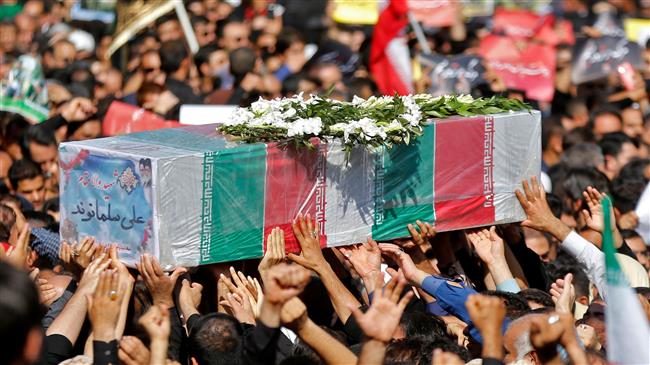

 This makes it easy to access the Press TV website
This makes it easy to access the Press TV website